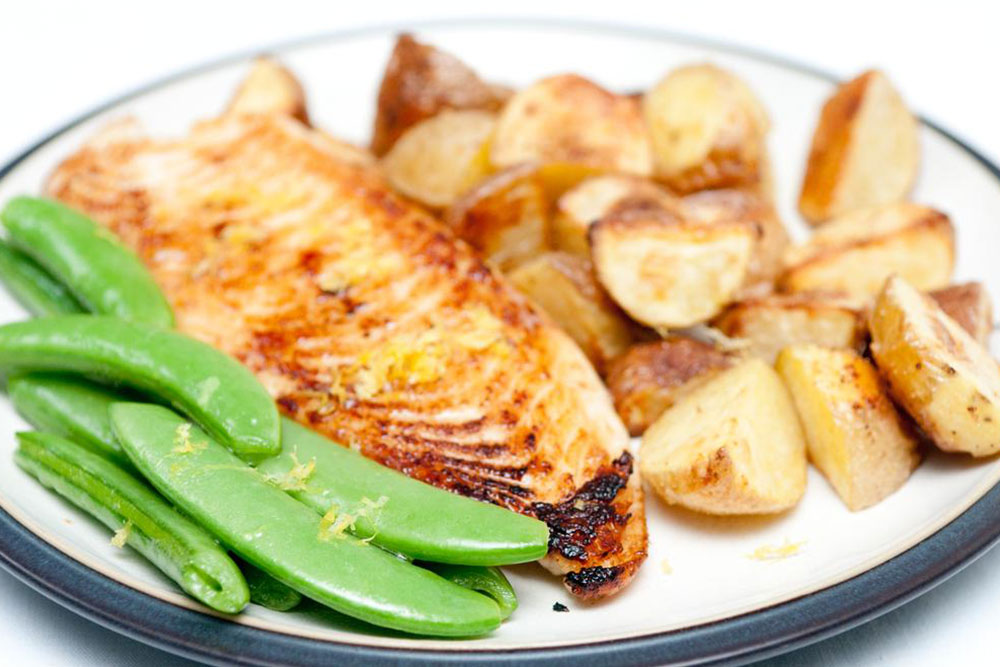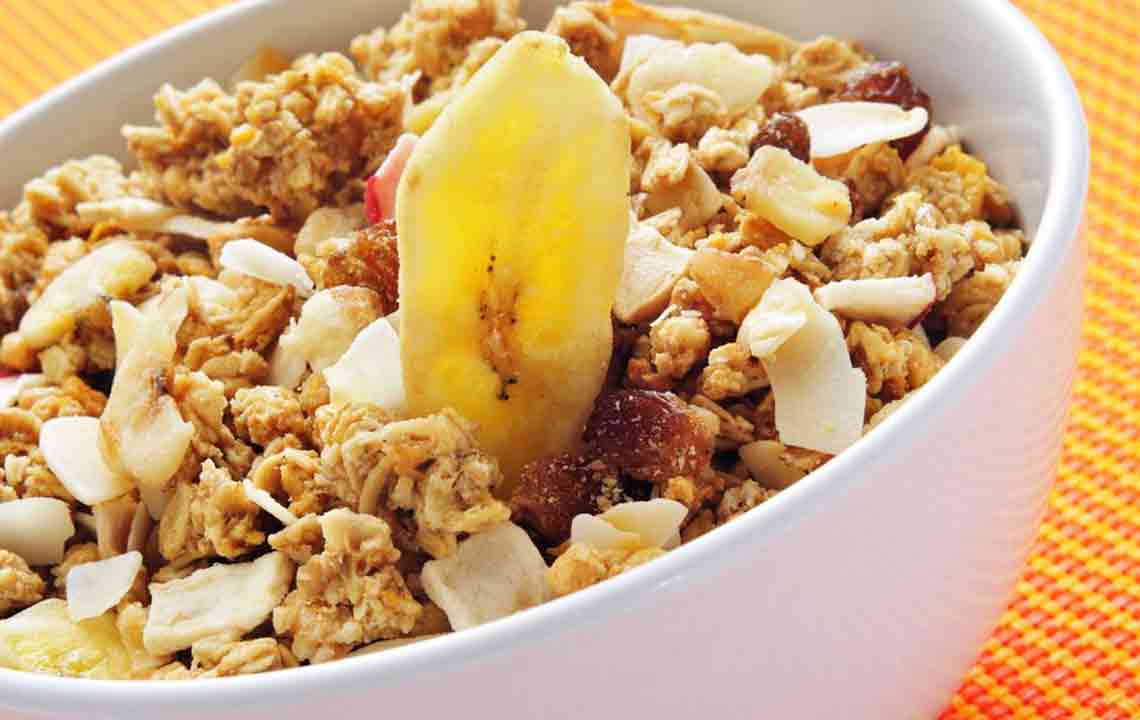Exploring the Health Benefits and Practical Tips of a Gluten-Free Diet
This comprehensive article explores the numerous health benefits of adopting a gluten-free lifestyle, offering practical tips on gluten-free eating, snack ideas, and food choices. With insights from nutrition experts, it emphasizes how a gluten-free diet can improve digestion, boost mood, and support weight management, providing a healthy alternative for those with gluten sensitivities or allergies.

Comprehensive Guide to Embracing a Gluten-Free Lifestyle
Gluten is a protein composite predominantly present in grains such as wheat, barley, rye, and their derivatives. This protein is responsible for creating the desirable chewy texture in baked goods like bread, muffins, and pastries. It also serves functional roles in culinary applications, including thickening agents in soups, broths, and sauces, as well as providing protein content and enhancing flavor profiles. For individuals diagnosed with gluten sensitivities, gluten intolerance, or celiac disease, avoiding gluten is essential to prevent adverse health reactions. These reactions can include digestive discomfort, inflammation, nutrient malabsorption, and other systemic issues. Moreover, gluten-containing processed foods tend to have added sodium, sugars, and unhealthy fats to improve taste and shelf-life, which may contribute to long-term health concerns such as obesity, cardiovascular diseases, and metabolic syndromes. Consequently, shifting towards a gluten-free diet can offer numerous health advantages, especially for vulnerable populations, and can promote overall wellness.
Health Benefits of Choosing a Gluten-Free Diet
While often associated with trendy weight-loss schemes, the health benefits of a gluten-free diet extend beyond superficial wellness trends. An increasing number of nutritionists and healthcare professionals advocate for gluten-free options due to their potential to improve digestive health, reduce inflammation, and enhance mental clarity. Gluten can be difficult for some individuals to digest properly, leading to symptoms like bloating, gas, diarrhea, or fatigue. Eliminating gluten can alleviate these symptoms and support a healthier gut. Furthermore, many gluten-free foods such as fresh vegetables, fruits, lean proteins, nuts, and seeds are nutrient-dense and naturally low in calories, making them ideal for balanced nutrition and weight management. For individuals with gluten intolerance, switching to gluten-free foods can significantly improve overall mood, concentration, and physical vitality, leading to a more active and healthier lifestyle.
Smart Snacking with Gluten-Free Options
Healthy snacking plays a crucial role in maintaining energy levels throughout the day. Fortunately, numerous online platforms provide detailed meal plans tailored to various caloric requirements, aiding in weight management and nutritional balance. When snack cravings arise, choosing gluten-free options such as gluten-free cookies, candies, energy bars, or fresh fruits such as bananas, apples, cherries, or grapes can curb hunger effectively without compromising dietary goals. These snacks are not only tasty but also nutrient-rich, helping to keep blood sugar stable and prevent overeating at mealtime. Additionally, many gluten-free snack products are now widely available in supermarkets and online stores, offering affordability and convenience for those transitioning to or maintaining a gluten-free lifestyle.
A Guide to Gluten-Free Food Choices
Incorporating gluten-free grains and staples into meals is easier than ever. Popular gluten-free grains include rice, corn, millet, sorghum, quinoa, amaranth, buckwheat, and tapioca. These ingredients serve as versatile bases for a variety of dishes, from salads to hearty main courses. Potatoes, beans, lentils, and soy products are also naturally gluten-free sources of carbohydrates and protein. To ensure nutritional adequacy, it is recommended to include lean meats like chicken and turkey, fish, eggs, and dairy products. With the proliferation of affordable gluten-free products available online and in physical stores, maintaining a diverse and balanced diet has become feasible and enjoyable. Although the transition may present initial challenges, especially in identifying gluten-free ingredients and avoiding cross-contamination, many wholesome and natural foods can be prepared without gluten, supporting a healthy, balanced lifestyle for many individuals.





